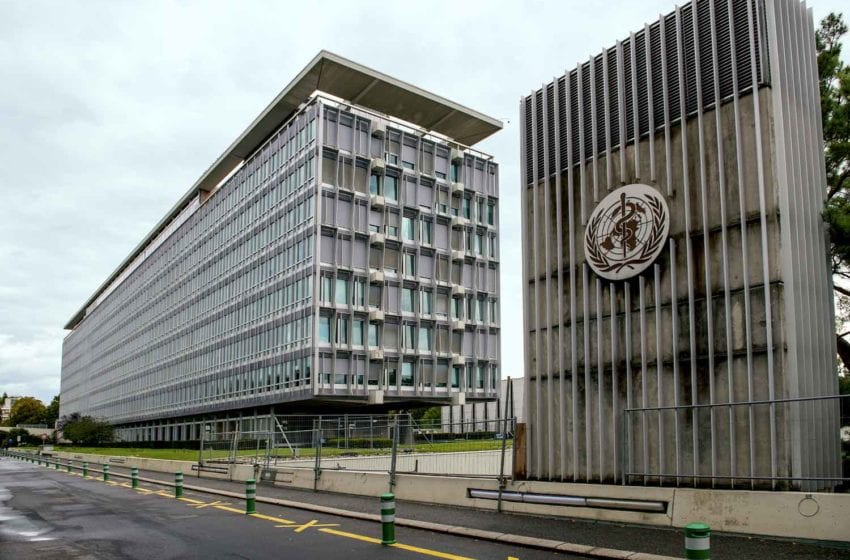
The World Health Organization has published a report detailing what it describes as attempts by manufacturers to avoid regulation of e-cigarettes and heated-tobacco products.
Titled “Litigation relevant to regulation of novel and emerging nicotine and tobacco products: comparison across jurisdictions,” the report offers governments examples of the legal arguments that the industry has used in attempts to minimize regulation as well as how courts have addressed those arguments.
The emergence of products such as heated-tobacco products (HTPs) and electronic nicotine-delivery systems (ENDS) and their market growth has raised questions about how they should be regulated and how that regulation might affect comprehensive tobacco control.
The WHO previously published its position on regulation of these products but has not addressed legal issues, such as how those regulations are being challenged in different jurisdictions. The new report and the accompanying case summaries close this gap and provide the facts, discussion of legal issues, arguments advanced and the reasoning of the courts.
The key messages highlighted in the publication are:
- ENDS and HTP manufacturers attempt to avoid products being regulated so as to fall within regulatory or legislative gaps.
- Manufacturers can be expected to deploy arguments concerning the relative risk of different product categories and the need for coherent regulation along a continuum of risk.
- Not all courts are receptive to arguments about relative risk, either because regulations are justified by reference to absolute risk or because the concept of relative risk must be judged at the population level and taking into account factors beyond relative toxicity.
- Technological advances employed for the manufacture of novel and emerging nicotine and tobacco products will raise questions of whether a product falls within the ambit of the national legislation of the country.
- There are relatively few cases addressing misleading marketing of ENDS, or enforcing restrictions on advertising, promotion and sponsorship, but important cases have been decided, including on how social media posts may constitute advertising and on whether advertising of an HTP device also constitutes advertising of a tobacco product.

